Banks. What are they? What do they do and how do they work? In super simple language?
Banks. What are they? What do they do and how do they work? In super simple language.
You’ve been thinking about how the financial system works. That’s when most people wonder why banks exist. What role do they play and how do they work?
Now consider the following scenarios.
Alex wants to save
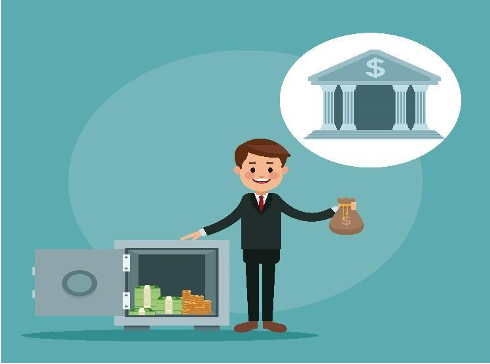
Alex is a hard-working young man who wants to save for his future. He wants to take $1000 from his yearly wages and put it away somewhere to gain interest on it. So, he goes to a bank opens a savings account and deposits it there?
Imagine there are no banks in the world.
Alex would’ve to find someone who needs $1000 so that he can lend it to them. Then the borrower will use the amount and return it to Alex along with an interest.
Now, look at all the problems Alex will have to go through. He has to find a person who needs $1000. Then he has to establish that the borrower is a trustworthy person who won’t run away with his money. After that, he has to find a lawyer, pay him, and draft a contract.
Once he lends the money, he’s to make regular checks on the borrower to see if they’re using the money for what they borrowed and not using it to say, gamble.
All these are going to cost Alex a tremendous amount of time and money. Alex may end up spending his entire savings while trying to save his money!
Thanks to banks. They do all this for Alex and let him save his money peacefully.
The Great Company wants to be great
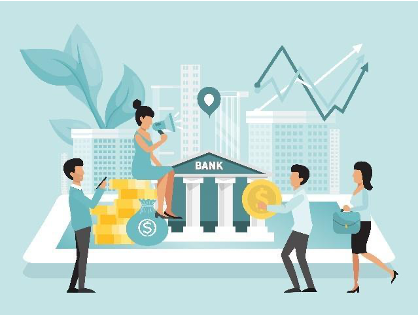
The Great Company has recently made a lot of profits and has seen that people love its products. People are heaving at its gates and they’re willing to wait even for 3 full months to get the brand.
Now, the Great Company needs more raw materials to manufacture its products. It’s looking for $250,000 that it can borrow. So, it goes to a bank and takes a loan.
If there were no banks in the world the Great Company will have to find a person who can lend it the required sum. Will it be easy?
And if by any chance the firm does find a lender, it’ll have to go through the gruelling task of convincing the lender that it is an honest business. Then it has to negotiate the interest rate of borrowing, find a lawyer, draft a contract, get the money and send regular updates on how it’s using the funds.
The Great Company may have to spend most of its profits and time only on borrowing!
Sharon and Eddie want to buy a house

Sharon and her husband Eddie have finally got stable jobs and want to buy a house. But they don’t have the money to afford one. If they start saving for a house, they won’t be able to buy one for another 25 years. By then, the kind of house they want to buy could easily become costlier.
So, they borrow from a bank.
Now without a bank, these two run into the same problems the Great Company would’ve faced. They’ve to find a lender. And the lender should be willing to accept repayment in small monthly instalments for a period of over 20 years! Nearly impossible to find one.
Thankfully banks are willing to do this.
So, banks are merely agents that connect lenders with borrowers. They take the money deposited by common people and firms and use it to give loans.
What’s in it for banks?
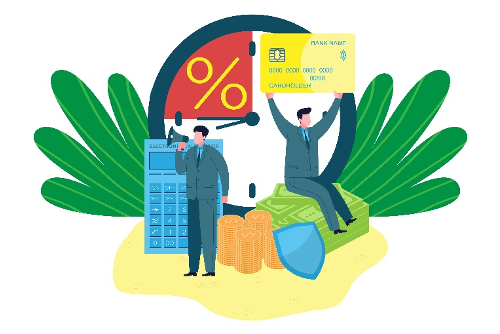
Assume you deposit $100 in your savings account. Your bank can take the money and give it to a borrower at an interest rate of 5%. When they repay it, the total amount the bank receives is $105.
From this, the bank can take $1–2 as a profit and pay the remaining to you. So, you get back $103–104 as the total payment. This is how banks make money.
Every day millions and millions of people deposit their money into banks. Similarly, a large number of people and businesses approach banks for loans.
The scale is very huge. A big bank can easily make profits off the order of several billion dollars. For example, in the year 2022 JP Morgan made a profit of $36 billion!
Banks perform a magic trick
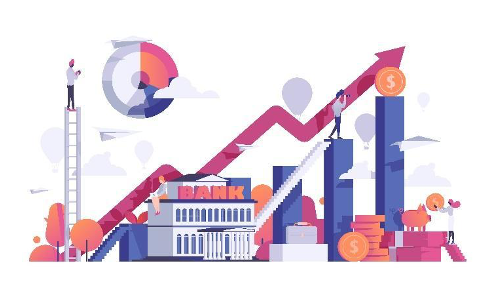
Banks create money! They don’t print currency. But they increase the money supply in an economy through a concept called fractional reserve banking.
The amount of money deposited in banks is very large. And the good part: the entire amount a bank holds will never be withdrawn by its clients in one go. Hence, banks need to hold only a small percentage of the total deposits and can give away the rest of the money as loans.
Now, imagine a bank holds a certain percentage of its deposits and gives the rest as loans. All these loans get deposited into the bank account of the borrowers. Now the borrowers’ banks make loans on these deposits which in turn get deposited in other banks.
Thus if the government deems banks to hold 10% of its deposits, a deposit of $1000 can create $10000 in the economy! This is how banks make money and help the economic growth of a nation.
However, this mechanism of money creation isn’t free from flaws. Fractional reserve banking remains one of the chief culprits behind the 2007–08 financial crisis.
Banks are too eager to do other things
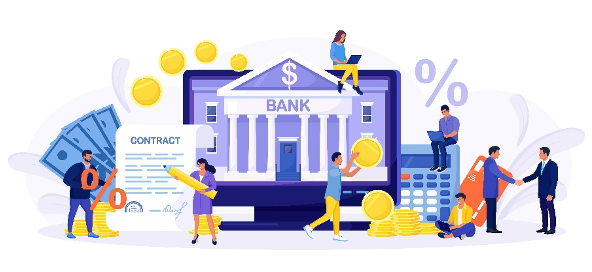
As banks are in possession of large amounts of money it makes sense for them to offer several other services.
For example, offering deposit and chequing services. A bank gives you an account in which you can store your cash for a small fee. You can deposit your money in it and write cheques on it.
Banks continue to be the best option for savers. People park their money in a fixed-term deposit for a few years to grow their savings. Banks also help students pursue their education by giving them student loans. Credit card services are another important thing that banks offer.
Banks businesses help with financial consulting, auditing and mergers and acquisitions. Over time banks have evolved to offer many other things like exchanging foreign currency, stock broking, and so on.
Are banks under threat?
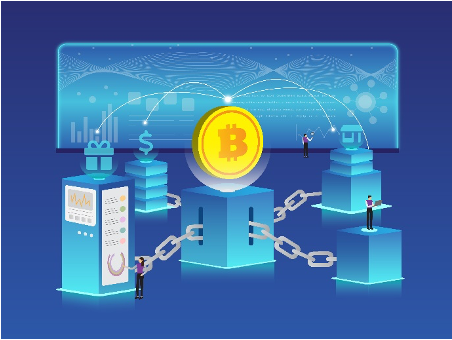
Yes. Modern technology and the internet have opened up new avenues for people to do transactions and how they save and invest. So, the need for a middleman is slowly starting to disappear.
For instance, the transfer of cash from one person to another was done only by banks. Today you’ve many companies offering payment services without any other services of banking.
Now there are companies for every single task that is performed only by banks. Plus, banks have gone completely online with no physical buildings at all!
Blockchain takes this to an all-new level. It allows lenders and borrowers to directly interact with each other and do transactions through cryptocurrencies. You can also buy cryptos and NFTs as investment options on the blockchain. This is the new rapidly growing field of decentralised finance.